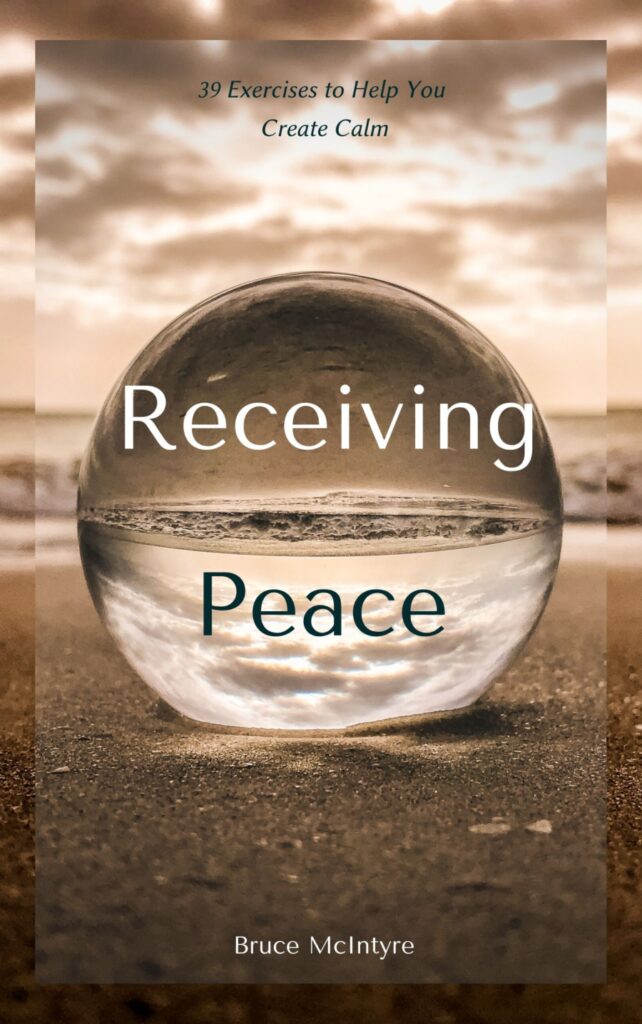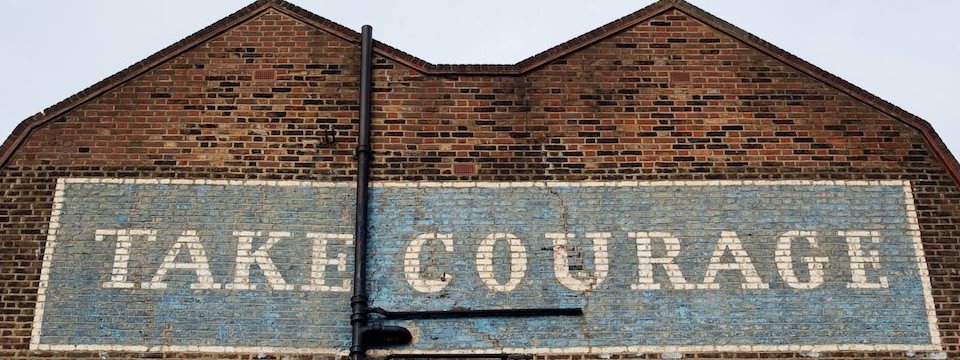Spirituality for Caregiving and Chronic Illness
In most cases, religion serves to help us grow in spirituality and spirituality often helps create the best of religion. But, these are not interchangeable terms.
For clarity’s sake, religion refers to a particular doctrinal framework that guides sacred beliefs and practices in ways that are sanctioned by a broader faith community. Spirituality refers to beliefs and practices that connect persons with sacred and meaningful entities beyond themselves.
Whether you consider yourself religious or not, caregiving and chronic illness soon leads you into inherently spiritual terrain. The stress of prolonged illness, treatments, and difficult circumstances can leave you dry, empty, and in need. When you dare to reach out or to get out, you are simply hoping to find some relief, some support, and something to renew your perspective and energy.
Again and again, researchers find that faith and religious spirituality form “a source of strength and a positive coping mechanism in difficult times.”* Some people report that the caregiving experience itself led to personal spiritual growth and better connection with the person for whom they cared. However, caregiving has also been indicated as an “anti-spiritual experience” leaving people disillusioned and hopeless.
So, please do not underestimate the significance of spirituality and religion for scenarios of caregiving and chronic illness. If you are in a position to be helpful, remember that people need to love and be loved more than anything else. To the extent that you can put yourself in positions to receive love, joy, and peace, you will better navigate and transcend challenging circumstances.
Worth Repeating
Within you there is a stillness and a sanctuary to which you can retreat at any time and be yourself.
-Hermann Hesse
*See Spirituality and Caregiving, a paper presented in 2012 by Dr. Natalya Timoshkina and Dr. Lynn McDonald at the 7th Annual American Conference on Spirituality and Social Work




